The first trimester lasts from week 1 through to the end of week 13 of your pregnancy. You may not look pregnant yet, but you’re probably feeling it. It’s an exciting time as there is a lot going on. Your baby is beginning to develop, and your body is changing too.
We’ve got some great tips to see you through this first stage and help you feel prepared for everything that’s ahead – from dealing with all those unfamiliar hormones, to bonding with your growing baby bump! If you’d like to see what stage of development your baby may be at each week, Ready Steady Baby has a really interesting timeline.
Top tips from parents-to-be
Tip #1: Feeling unwell
If you're not feeling like yourself at the start of your pregnancy, don't worry – many women don’t feel 100%. As every pregnancy is different, you may feel great. Or even have ups and downs. In these first few weeks, your hormones are pretty busy – and this can affect how you feel.
Tip #2: Talk about it
If you’re feeling worried about your pregnancy, it’s important to talk to someone you trust about how you’re feeling. Make sure you chat to your midwife about any concerns, as she’ll be able to talk through any of your worries and reassure you.
Tip #3: Make a birth plan
It’s never too early to start making a birth plan which reflects what matters to you and what you want for your labour and birth. Your midwife will talk to you about your plan throughout your pregnancy. Things you might want to think about include:
- Who will be with you when you give birth – it’s a good idea to have a ‘back up’ birthing partner as well, just in case.
- Where you want to give birth – you can find lots of information about this on the gov.scot website.
- What pain relief you’d like to have.
Your midwife can talk through everything with you to help you make decisions. And remember you can always change your plan – nothing’s set in stone!
You can find out more about birth plans on NHS Inform’s Ready Steady Baby website.
Tip #4: Keep taking folic acid until week 12
Folic acid is a vital supplement when you’re expecting. During pregnancy you can't get enough from diet alone, which is why a supplement is needed. It’s important for helping your baby develop, and reduces the risk of neural tube defects, such as spina bifida. Taking this supplement before and during pregnancy is important because the spinal cord forms in early pregnancy.
You can find out more about folic acid, and the other vitamins and minerals which are important during pregnancy, on NHS Inform.
Tip #5: Bump selfies
It can be fun to take a picture of your bump once a week to keep a record of your growing baby. You might not see a lot of change during the first trimester, but as your bump grows, the bigger the changes in the photographs!
Tip #6: Talk to bump
Take some time to form a bond with your growing baby. It's never too early for you and your partner to start talking to your bump and letting them hear music.
Tip #7: Make sure you get your immunisations
The best way to protect yourself and your baby from serious disease and illness is to get the recommended vaccines at the right time. NHS Scotland recommends that pregnant women should have the whooping, RSV and flu vaccines. The flu vaccine is offered from September to March and can be given at any stage during pregnancy, but you’ll need to wait until week 16 for your whooping cough vaccine and week 28 for your RSV vaccine. Ask you midwife for more information on how to get your vaccines.
You can find out more about the immunisations offered during pregnancy and why they’re so important on the NHS Inform website.
Tip #8: Cooking smells
You might find that cooking smells make morning sickness worse – so if your partner is handy around the kitchen, this could be a good time to let them take charge at mealtimes.
Tip #9: Off your food?
There may be some foods you used to like but can't face right now. If they're strong smelling you could ask your family to avoid eating them when you're around. Hang on in there – the second trimester usually brings some welcome relief.
Tip #10: Sign up for antenatal classes
Antenatal classes are a great way for you and your partner to prepare to become parents.
Your midwife will tell you about free antenatal classes in your area. If you’re expecting twins, triplets or more (‘multiples’), it’s a good idea to attend antenatal classes specially tailored for multiple births, like the classes run by the Twins Trust. Ask your midwife for more information.
Most antenatal classes start at around 8-10 weeks before your due date, but it’s a good idea to sign up as soon as you know you’re pregnant, to make sure you get a place. If you’re expecting twins or more, it’s a good idea to start the course earlier, as multiples are more likely to come early. Your midwife can advise you on this.
Tip #11: Download the Baby Buddy app
Whether you're a mum, dad, co-parent or caregiver, the Baby Buddy app from Best Beginnings can help you feel more confident. It's packed with advice and information to support you throughout pregnancy and the first year of your baby’s life. You can download the Baby Buddy app here.
Tip #12: Check to see if you can apply for any grants and benefits
There are various benefits and grants available when you’re pregnant, like the Pregnancy and Baby Payment and Best Start Foods, which helps buy healthy food. If you're eligible, you can apply for Best Start Foods as soon as you know you're pregnant. Our pages on Best Start Grants and Best Start Foods and benefits, grants and support for families have more information.
If you’re expecting twins or more, you’ll receive an extra Pregnancy and Baby Payment – you can find out more about this on the mygov.scot website.
Tip #13: Don’t ignore any letters about cervical screening
We know you’ve got a lot on your plate at the moment, but if you an invite for cervical screening (a smear test) don’t ignore it – get in touch with your GP and ask whether or not you need to attend.
You can find out more about cervical screening on the NHS Inform website.
More information
For more information on the different stages of your pregnancy, ask your midwife or visit Ready Steady Baby.
 Activities & Play
Activities & Play Behaviour
Behaviour Childcare
Childcare Development & Growing Up
Development & Growing Up Family, Friends & Relationships
Family, Friends & Relationships Feeding Your Baby
Feeding Your Baby Food & Eating
Food & Eating Health & Safety
Health & Safety Mental Health & Wellbeing
Mental Health & Wellbeing Money & Work
Money & Work Online Behaviour & Safety
Online Behaviour & Safety Pregnancy & First Days
Pregnancy & First Days School & Education
School & Education Sleep
Sleep

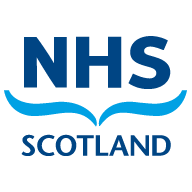

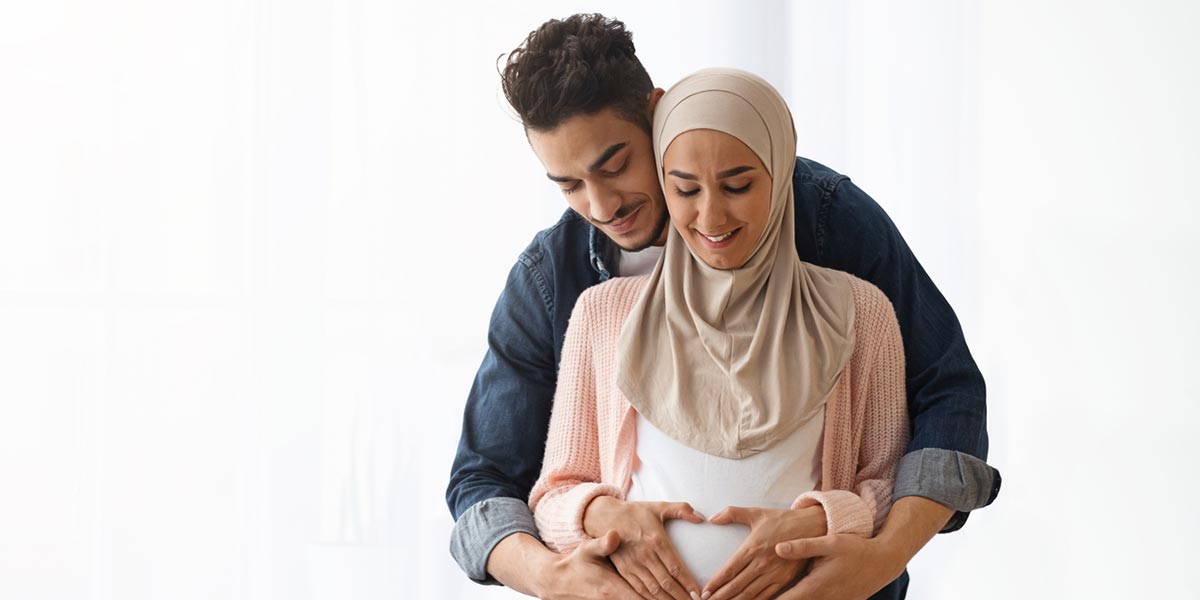
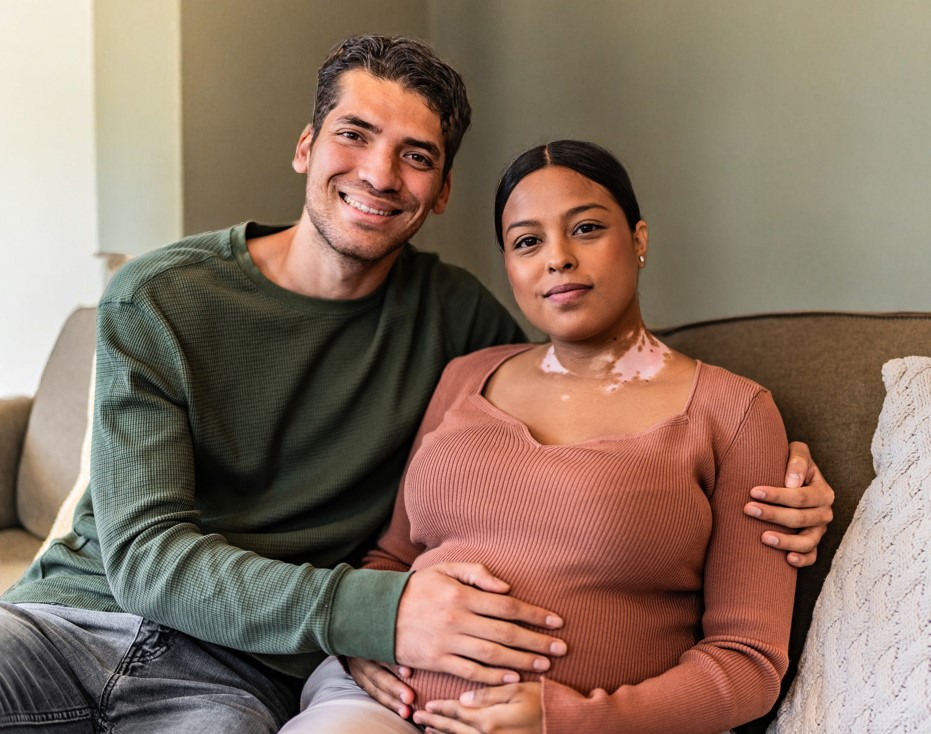
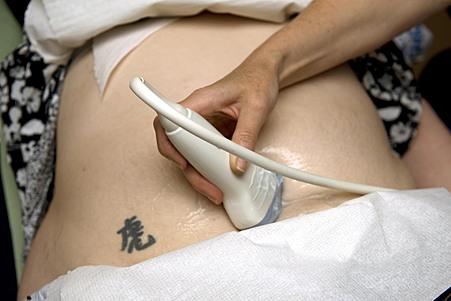
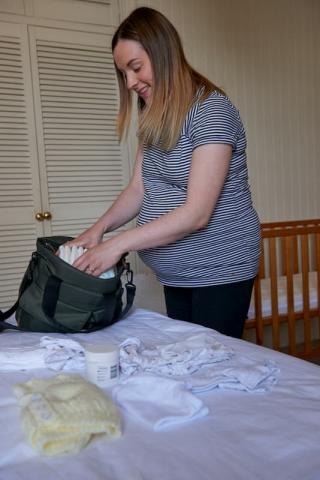
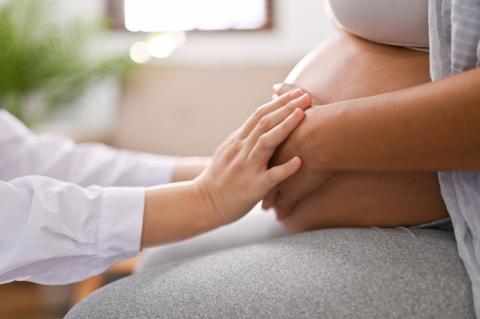
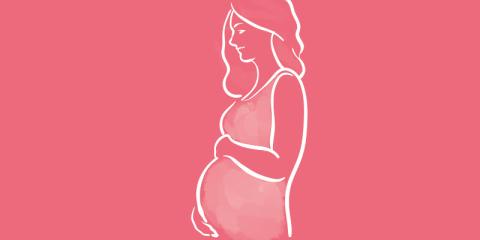
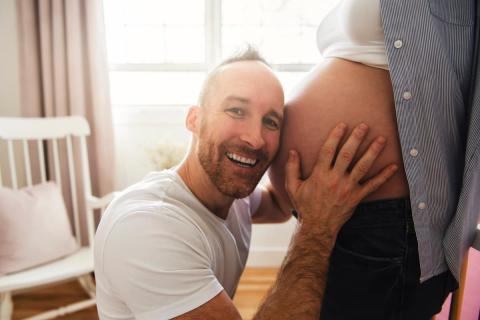
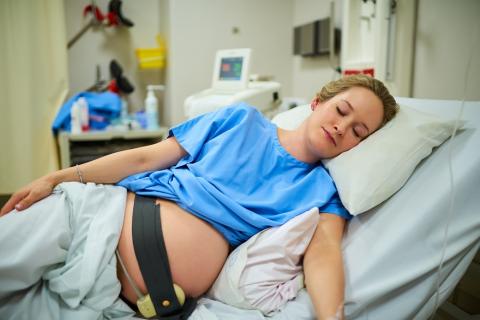
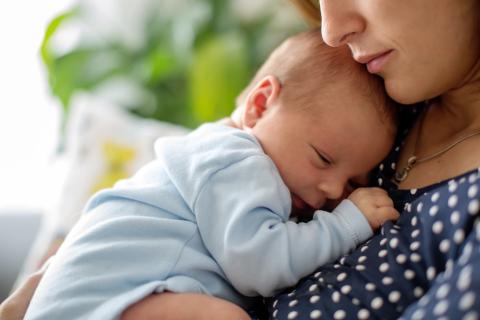
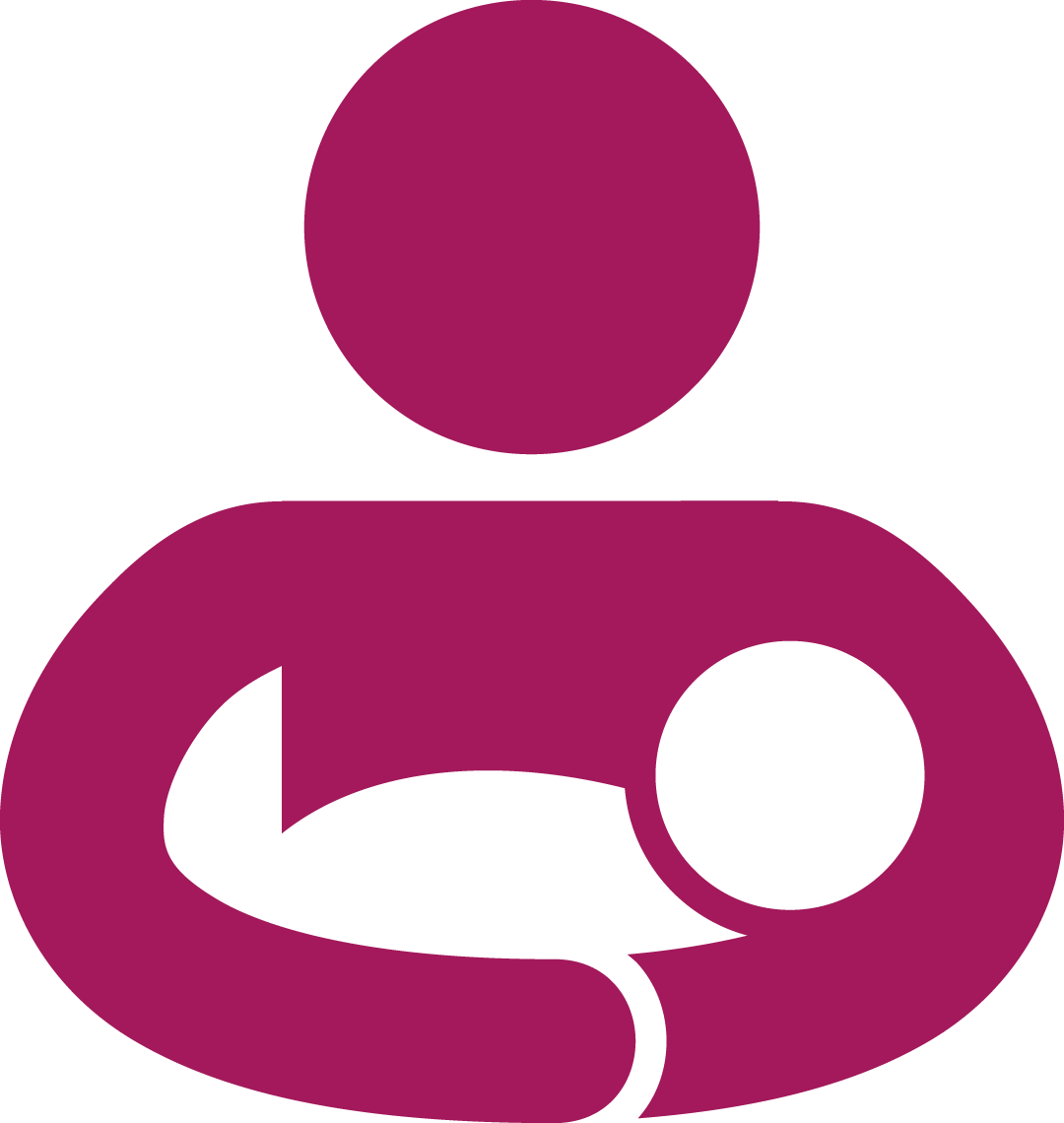 Feeding Your Baby
Feeding Your Baby
 Sleep
Sleep